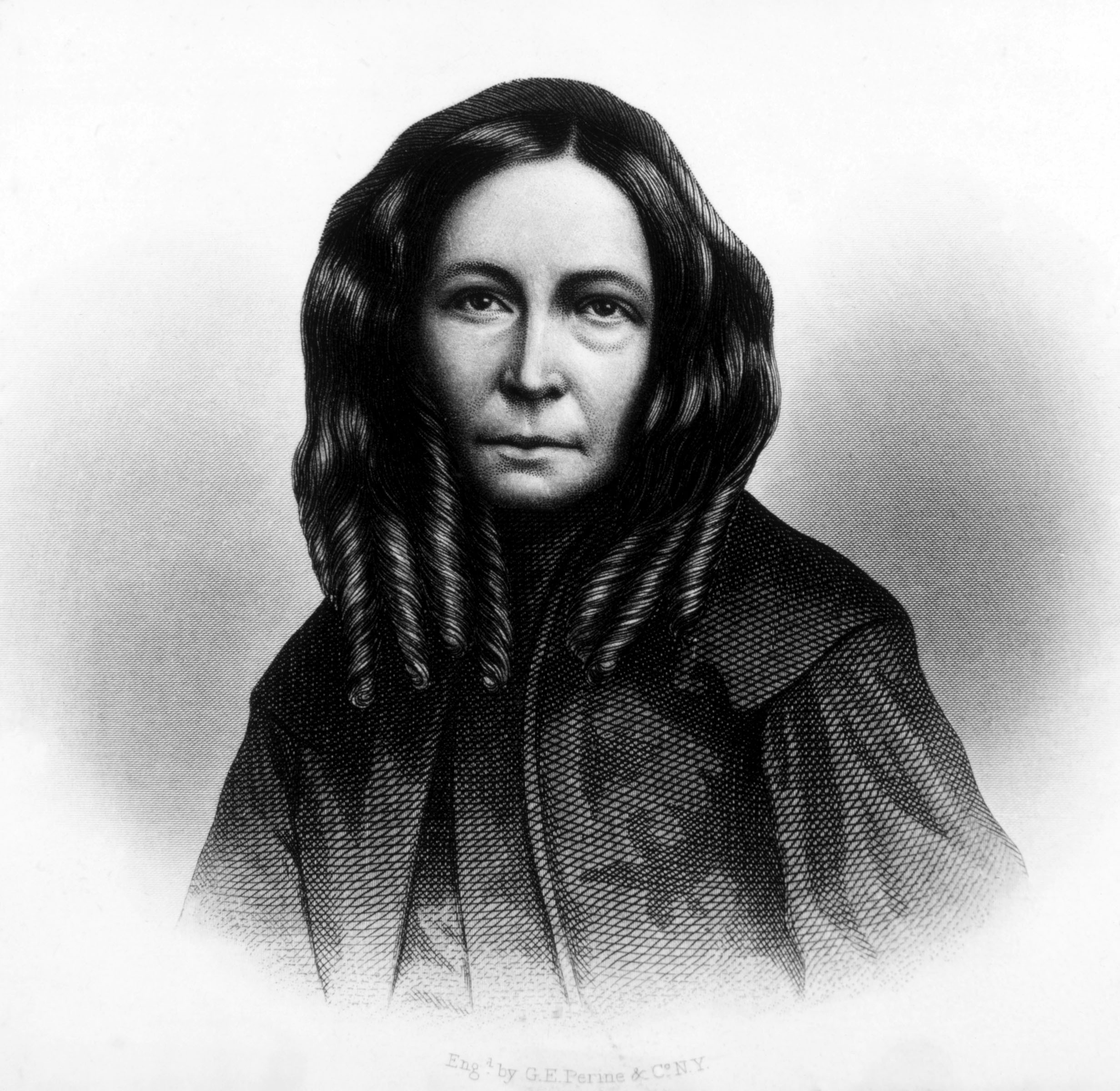Browning, Elizabeth Barrett (1806-1861), was a famous poet of Victorian England. During her lifetime, she was more admired as a poet than was her husband, Robert Browning. Today, his reputation is much higher than hers. She is best known for her romance with Browning, and only her Sonnets from the Portuguese, an account of that romance, are still widely read. See Browning, Robert.

Elizabeth Barrett was born in Durham on March 6, 1806. She was educated at home, and learned classic Greek, Latin, and several modern languages. Her father ruled his family harshly, but he was proud of Elizabeth’s accomplishments.
From an early age, Elizabeth suffered from chronic weakness in the lungs. In 1821, she injured her spine in a fall. Her condition was aggravated by the shock of her brother’s drowning while both were living by the sea at Torquay, in an attempt to improve Elizabeth’s health. She became, seemingly, a permanent invalid, especially after her family moved to London. Elizabeth spent most of her time in a darkened room, where she wrote poetry and many letters. Robert Browning admired her Poems (1844) so much that he wrote to her. They met, became engaged, and were married secretly in 1846. They soon ran off to Italy, where Elizabeth’s health improved remarkably. Elizabeth’s father had opposed their marriage and never forgave her. For the rest of her life, Elizabeth lived in the villa of Casa Guidi, overlooking Florence. Her son was born there in 1849.
The diction and rhythm of Elizabeth’s poems have an attractive, spontaneous quality, though some may seem overly sentimental. Her best poems appear in Sonnets from the Portuguese (1850). These poems are not translations, but a sequence of 44 sonnets recording the growth of her love for Browning. He often called her “my little Portuguese” because of her dark complexion. The 43rd sonnet is Elizabeth’s most famous poem. It begins: “How do I love thee? Let me count the ways.”
Loading the player...If Thou Must Love Me by E. B. Browning
Late in her life, Elizabeth composed Aurora Leigh, describing it as a lengthy “sort of novel-poem.” It examined the life and manners of her time with a special interest in the nature of being a woman, especially a woman writer. She is also known for “Cry of the Children” (1843), an attack on the misuse of child labor in England, and Casa Guidi Windows (1851), which appealed for political freedom for Italy and other nations under foreign control. She died on June 29, 1861.
See also If Thou Must Love Me.
